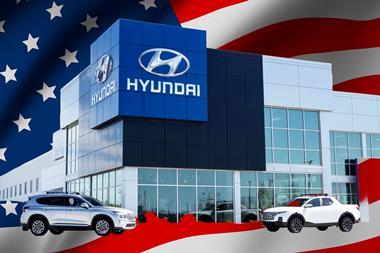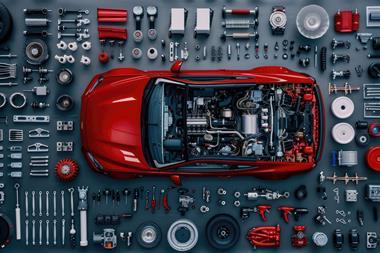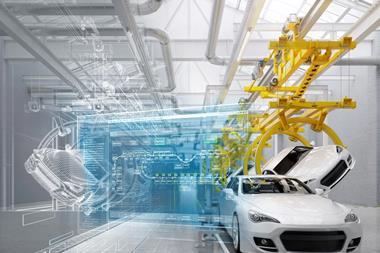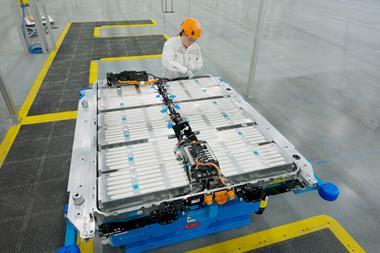 China – The new manufacturing complex, which includes a light-metal foundry, will produce BMW’s latest generation of TwinPower Turbo, three- and four-cylinder petrol engines. The company says that both the engine plant and the foundry meet state-of-the-art production standards.
China – The new manufacturing complex, which includes a light-metal foundry, will produce BMW’s latest generation of TwinPower Turbo, three- and four-cylinder petrol engines. The company says that both the engine plant and the foundry meet state-of-the-art production standards.
The new Shenyang facilities will supply BMW Brilliance Automotive (BBA) Dadong and Tiexi, with output tied to production volumes at the two vehicle factories. Capacity at Shenyang is currently 300,000 units per year. Around 2,000 personnel will work at the engine plant over the long term.
"The new, groundbreaking engine plant, complete with a light-metal foundry, will play an important role within the BMW Group’s worldwide production network," commented Oliver Zipse, BMW board member for Production. "It forms part of our strategy for globally balanced growth with production capacity in the respective regional markets.”
The engines will be built according to a location-independent, modular production process. All engines of this generation have an in-line configuration, with each derivative made from a core engine and a modular kit. This method increases the proportion of identical parts within each combustion type (petrol or diesel) by up to 60%, while 40% of the parts in petrol and diesel engines are identical. This system is already used by BMW plants at Munich in Germany, at Steyr in Austria and at Hams Hall in the UK.
Knowledge drawn from BMW's international production network not only influenced the planning and construction of the Shenyang plant but its sustainable processes and technologies, such as a water recovery system for machining work. Already implemented at BMW Steyr, this process uses membrane technologies to treat wastewater from mechanical production and feed it back into the manufacturing to create a wastewater-free system.
Meanwhile, the foundry has been modelled on BMW Landshut, Germany, and uses innovative manufacturing processes to produce sand cores with minimal emissions. Inorganic binders cut emissions of combustion residues by 98% compared with traditional, organic casting processes. Moreover, BMW says that 90% of the sand used for casting can be recycled. Metal residues separated from the raw cast during cleaning will be melted down in the foundry's own smelting and holding furnaces, then reused.
For the production of cast-aluminium crankcases, wire arc spraying technology will be employed. In this method, the cylinder faces of the crankcases are sprayed with a thin layer of iron particles, resulting in weight savings and less friction in the engine, leading to lower fuel consumption.
In the future, Shenyang will also make high-voltage batteries for plug-in hybrid models. This project will involve close cooperation between BBA and the BMW Group, to transfer knowledge from battery production in Germany.
The new engine plant and foundry were funded from BBA's own resources, without the need for additional capital from either BMW or Brilliance Auto.




































